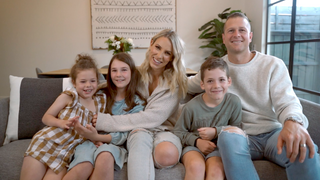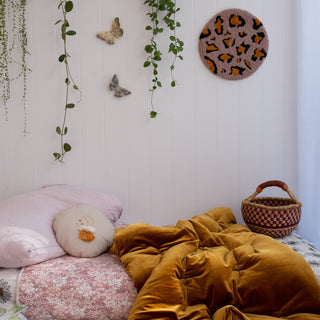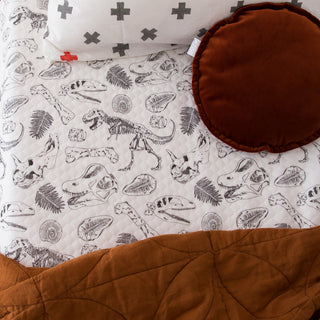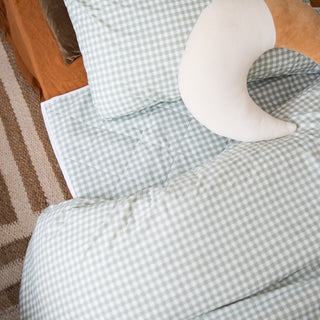Not many people enjoy going to the doctor, and this feeling is magnified if we require an uncomfortable or painful procedure.
For children these feelings are exacerbated by the added stress of unfamiliar surroundings and faces, unusual smells and sounds. In some cases they may have had previous experiences with medical encounters that now contributes to anticipation anxiety that creeps in with even the mention of a medical clinic visit!
It can feel very helpless as a parent when we know that our child needs the medical assessment or intervention but we also understand that our child will find the experience overwhelming and may not be able to cope with the procedure at all. It’s important that we be open and honest with our children about procedures and encourage them to share their thoughts and feelings surrounding them so we can help to understand and support them.

There are many things that we can do as parents to support our children, think of the four P’s for when your child with medical anxiety needs to have an encounter
- Prepare- This is something that we should aim to do when there are no medical visits or procedures on the horizon (difficult sometimes - we know). It can take many different forms, it can be a discussion about how your child would like medical encounters to go, what makes them feel in control versus what they don’t feel able to cope with right now. It could be reading books that help demystify medical professionals or the medical environment, there are a few good suggestions over on this blog. The Royal Children’s Hospital, Melbourne has some great videos that help explain some common hospital topics in their Be Positive series. It could also be play, which is one of the other P’s so I talk in more detail there, but children have the most amazing ability to regulate and process through their play - think about how this might look for your individual child.
- Plan- You have the appointment date, now is the time to plan the strategies that you and your child will use to cope. Some examples can be deep breathing and guided imagery, play distraction with sensory toys or books, music with noise cancelling headphones, pain signal disruptors such as the buzzy for shots or topical numbing gel. Get practising with these techniques and your child, it’s all about practice! For some children the anticipation anxiety will make this too much, this type of anxiety may not benefit from the child being involved too early in the preparation. If your child finds this too stressful or you're not sure this would help your child then it may be better to seek an individual preparation plan for your child, reach out to Amanda from Prepared for Care, she is a great place to get started.
- Play- Arguably one of the most important parts. This should be used in all steps, as a part of the preparation and the processing of the event, along with during the event itself. You don’t need to buy expensive items, usually the toys that you have at home can be used. - When we are using play to prepare this is often educational so the child will know what the procedure is going to entail, like Teddy needs to have an immunisation in his arm, would you like to give it to Teddy? - When I use it during a procedure it is more directional, so it’s keeping their mind focused on a task e.g. can you blow the bubbles back into my face? - When we use play for processing then this is more open and free and may just be giving an invitation to play for the child. It does not have to be medically focused and should consider your child’s individual needs. Some children may need to go and move their body immediately and others may like to paint or draw or some may want something more sensory like kinetic sand or play dough. If you're not sure you can have a few options.
- Process- This may happen immediately after or it could be days, weeks or even months later. It can take the form of play (see above) or it might be in the form of questions or discussion that are led by your child around the event. If the event continues to bring up feelings for the child that are interfering with their daily life such as sleep issues, eating disturbances, unable to interact and engage as they normally do or you have other concerns. Please seek some expert help from a paediatrician, or a child psychologist depending on the extent of the issue.

Medical anxiety is fairly common, but some forms are more extreme than others and it’s important to seek help and support early. We can improve the experience of children with medical procedures, even if they have had some poor experiences in the past. Hopefully these tips give you some ideas on where to start and tools for your tool box and also some further resources if you think your child may need a more individualised approach.
Let us know if you use any of these tips yourself and what has worked for supporting your child.
Written by Grace Larson (BNurs, PGDip Paed Crit Care, MANP, Cert IV TAE) from Paeds Education
A note about the author: Grace is a paediatric intensive care nurse with over a decade experience in paediatric nursing education. She also brings experience with quality and safety and consults for the Australian Midwifery and Nursing Federation on nurse safety issues.












